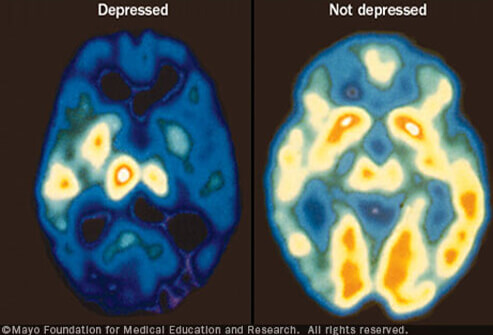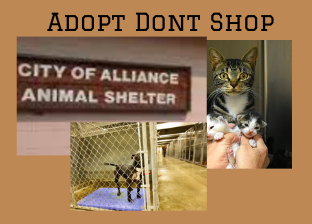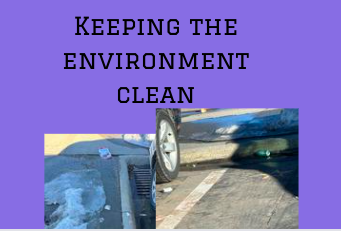Is It Enough?

In November 2016, two girls were rooming together at a student journalism conference in Michigan. Their names were Madeline Halpert, age 17, and Eva Rosenfield, age 16. On their first night together, Madeline caught a glimpse of a prescription bottle in Eva’s luggage. She recognized the prescription, as it the same one she had been prescribed the year before: Prozac, a Selective Serotonin Reuptake Inhibitor that is used to treat depression, obsessive-compulsive disorder, bulimia nervosa, and panic disorders.
Madeline immediately opened up to Eva, whom spoke freely in return and revealed her struggle with depression that she had been dealing with since the 8th grade. “I felt so relieved,” explained Madeline. “I had never talked to anybody who could relate to what I was experiencing. It made a world of difference to know that I wasn’t alone.”
Depression isn’t something you usually bring up to your peers, but it most definitely is not rare. Approximately 20% of teenagers will suffer from it by the time they graduate from high school and between 10 to 15 percent suffer from symptoms at any given time. According to suicide.org, one teenager in the United States takes his or her own life every 100 minutes. That’s one teenager every one hour and 40 minutes, which amounts to almost 15 teenagers per day.
Depression is a disease that takes the lives of millions every year all across the globe. If depression is such a prevalent illness, why do we keep it a secret? Why do depressed teens and adults continue to feel more and more alone everyday?
There are resources out there, such as therapy and antidepressant medications. When you feel like you’re drowning and the waves continue to push you down, no matter how hard you try, are these treatments truly enough?
Even I, who also struggles with it, cannot recognize others who are suffering from this existential dread. How many of your peers are walking the hallways right now? How many are contemplating the idea of ending their life today, but are too afraid to reach out for help because having depression, anxiety, or any other mental ailment automatically makes you a “freak” or “different”?
That’s the problem; we don’t know. We keep our disorders to ourselves, which ultimately destroys us, and potentially others, in the end.
It can be hard to tell the difference between a bad day and clinical depression in someone else, especially when outsiders cannot feel the same things they are feeling. However, we must care for those who have recognizable symptoms in ways that a therapist and medication cannot. Face-to-face conversation goes a long way. Telling someone that you are there for them through a screen means nothing. Prove it! Sometimes, all it takes is a personal, heart-felt conversation to completely change a person’s outlook.

Hey Spud buds! My name is Safyre Yearling! I am the 17 year old daughter of the late Amanda Preiss and Lance, and my amazing mother figure, Mandy. I am...





